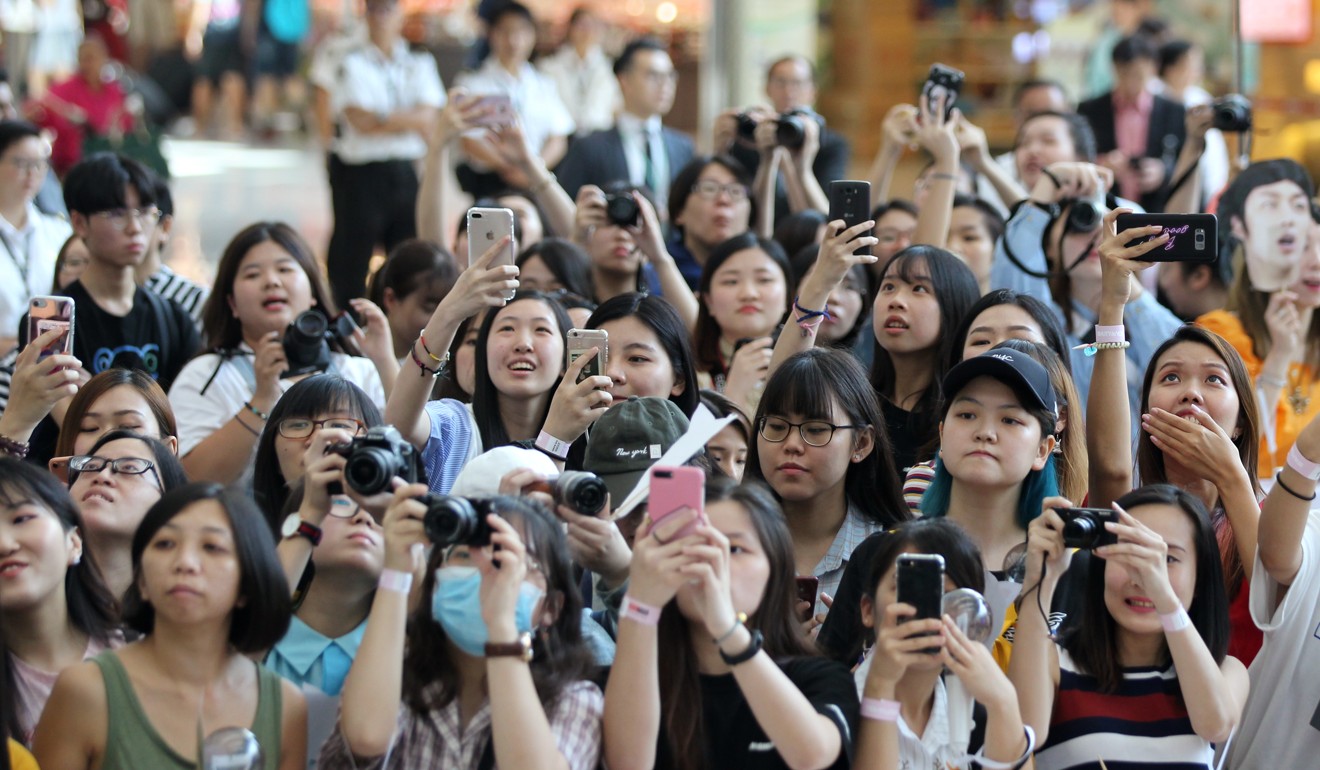
How K-pop could motivate Hong Kong teenagers to work towards better grades at school
K-pop has taken the world by storm in the past decade and while many teenagers in Hong Kong are fans of different K-pop stars, their parents prefer Canto-pop. This sometimes leads to conflicts between them, which I believe can be eliminated.
Parents often see Korean pop stars as their enemies, as they think students spending time on this music is detrimental to their studies. However, K-pop can be an incentive for teenagers to study hard.
Instead of stopping their children from going to concerts or fan gatherings, parents could set goals for their children related to K-pop. For example, if the child gets higher marks than on their last exam, they could be allowed to buy an album, attend a fan meeting or even go to a concert as a reward. This could motivate young people who love K-pop but don’t have an incentive to study hard.
In my case, I was not interested in studying when I was younger. I just loved listening to Korean songs and dancing to the music. I shared my lack of motivation with my mother and she offered to pay for a trip to Korea if my exam results improved. This inspired me to work harder and my mother kept her promise.

Teenagers are usually rebellious – if their parents tell them not to do something, they want to do it more. By letting their children go to K-pop events, parents can control the time they spend on K-pop activities while maintaining a harmonious parent-child relationship.
I know it’s hard to let children meet their so-called “academic enemies”, but parents should give it a try.
Kathy Cheung, Sha Tin

